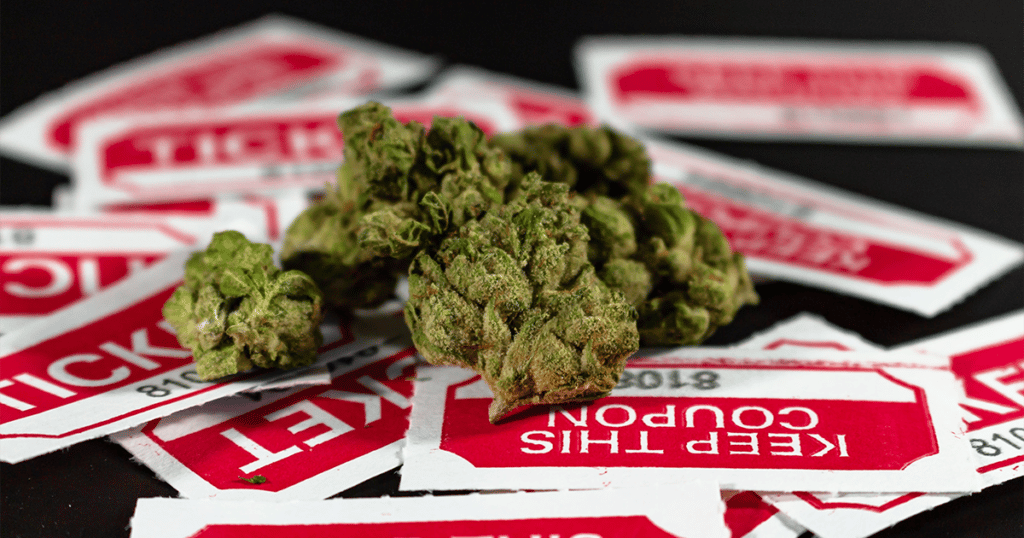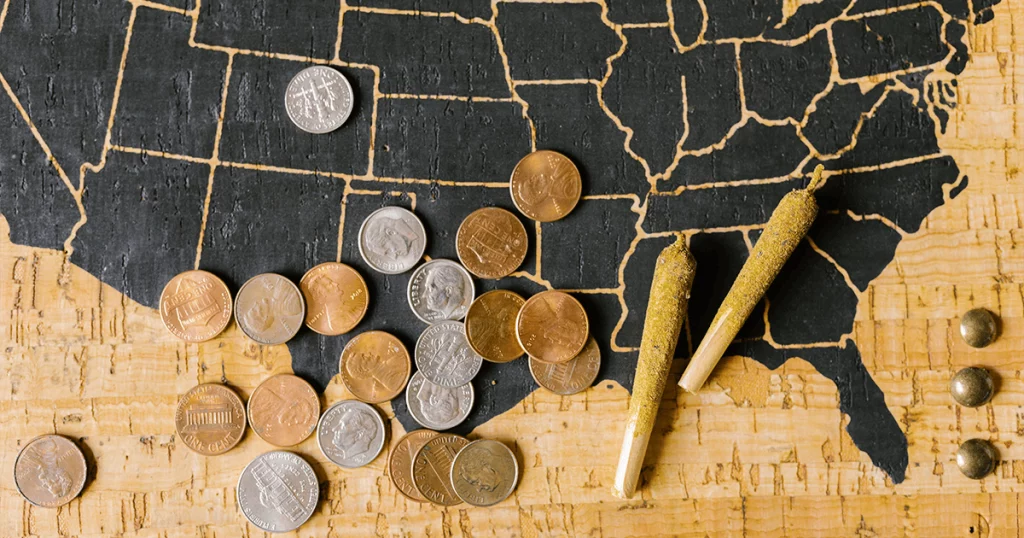Recent news headlines have placed a spotlight not only on the flawed, foolish process of marijuana legalization within Washington D.C but also on political change-ups in the U.S., should marijuana sales be permitted following loud calls from advocates to U.S. Attorney General Merrick Garland.
“Cannabis is completely legal in the nation’s capital, however, due to a convoluted bicameral omnibus bill, recreational marijuana sales are still prohibited in the District,” reports Benzinga.
Cannabis legalization is still without a system that allows for sales, even after eight years.
With enough time wasted, local, state and national advocacy organizations are now passionately pleading for U.S. Attorney General Merrick Garland to finally and formally adopt a non-compliance policy to allow Washington, D.C. to legalize cannabis sales.
Should A Permit Be Granted, The Impact Will See Smoke Turn Into Flames
While the factors influencing Garland’s decisions are complex and diverse, should the selling of weed be permitted within Washington—the official business district of the U.S.—the ripple effects will surpass the district level and go national. It would see a district turn into a State—and this would mean political retrocession.
To push for a permit, Garland must take full consideration of the health and economic benefits for the district benefits. Seeing the true potential of legal cannabis retail and making presidential budget proposals for the cannabis program invalid would push Garland to a yes.
The news report also revealed that the push for sales permits was further motivated by the President’s recent mass pardon of specific marijuana offenses. This was compounded by a new directive that would see an administrative review of marijuana and its current federal classification.
A Collective Call To Adopt A Non-Interference Policy In The District
Now, the matter of legalizing the sale of marijuana has moved past the topic of selling to a district’s local dollar and spend, and its possible move from district to state. With this, an even greater push for permit sales is emerging.
Advocates are, in collaborative fashion, calling for committed efforts towards a non-enforcement approach for the district inclusive of the Anti-Deficiency Act. This commitment would see the permittance of D.C.’s local spend channeled towards funding and regulating marijuana sales and the local cannabis sector.
But what would happen if local spend went into the district’s pocket and aided the growth of Washington’s economy? What would happen if the district turned into a state? How will the selling of marijuana demonstrate the administration’s support for D.C.’s right-to-home rule, and what does it mean in the broader scheme of things? These questions are in everyone’s mind, and now, despite knowing the answers for some time, advocates want the answers to be put into action.

When Pot Turns Into Politics, The U.S. Constitution Could Go Up In Smoke
CNN Politics, upon deeper investigation into this matter, shows an underlying issue waiting to boil up. While smaller in comparison to other states, the Washington D.C. district boasts more than 700,000 people and no voting members of Congress.
Should sales of cannabis be allowed, this would see public tax being funded into the local economy. A booming economy would then see the district turn into a state – and a Federal one at that. This, as reported by CNN Politics, would see the Senate passing the bill for the District of Columbia’s statehood with a section of D.C. now home to federal buildings.

Enjoyed that first hit? Come chill with us every week at the Friday Sesh for a freshly packed bowl of the week’s best cannabis news!





















